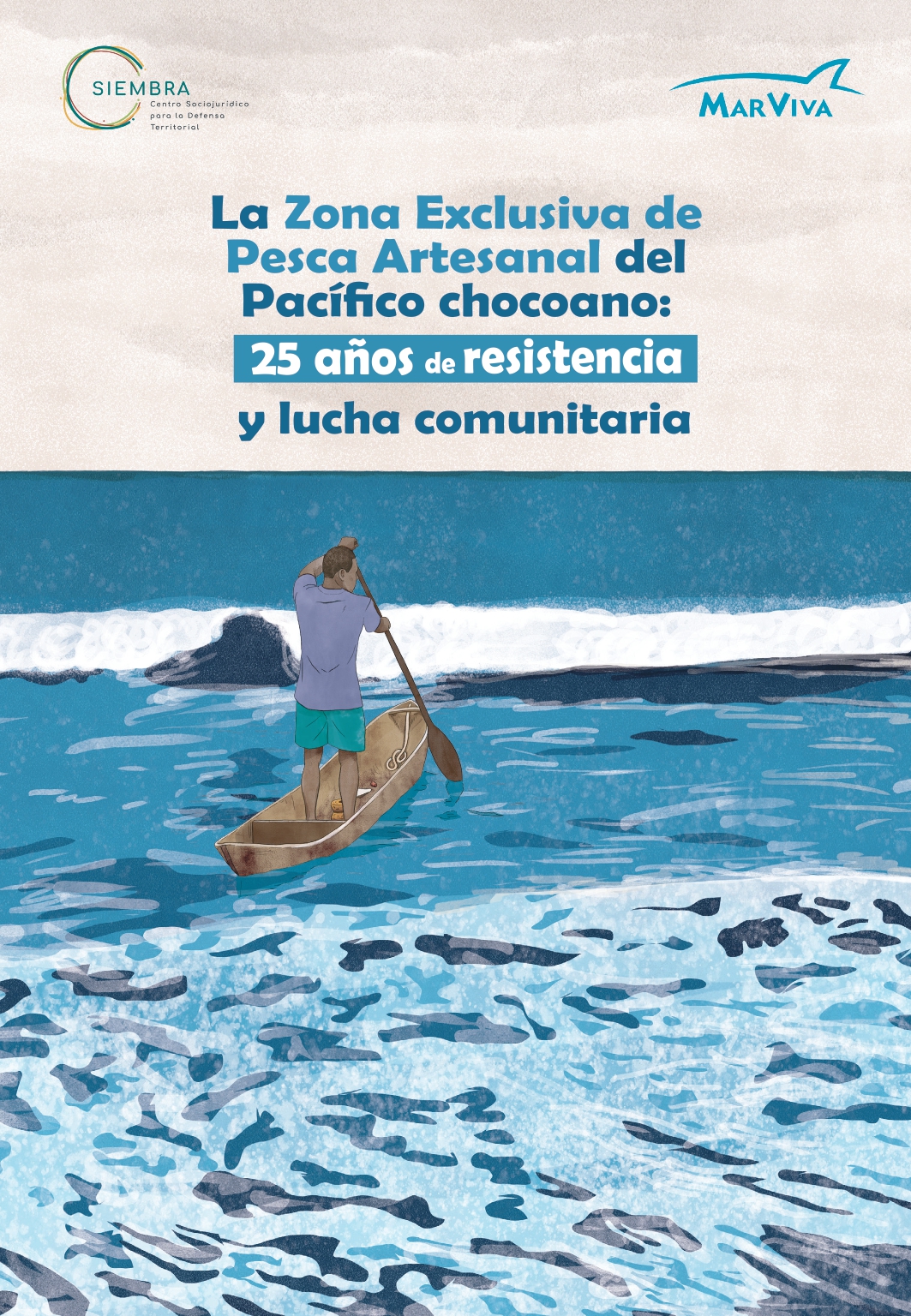
La Zona Exclusiva de Pesca Artesanal del Pacífico chocoano: 25 años de resistencia y lucha comunitaria
Este documento sintetiza un proceso comunitario adelantado por los pescadores artesanales del norte del Pacífico chocoano, en torno a la creación y defensa de la Zona Exclusiva de Pesca Artesanal (ZEPA). El objetivo de esta figura de ordenamiento pesquero fue el de proteger sus modos de vida y su territorio. Historia de una camino largo y complejo, que representa un ejemplo a seguir en materia de organización y lucha comunitaria.
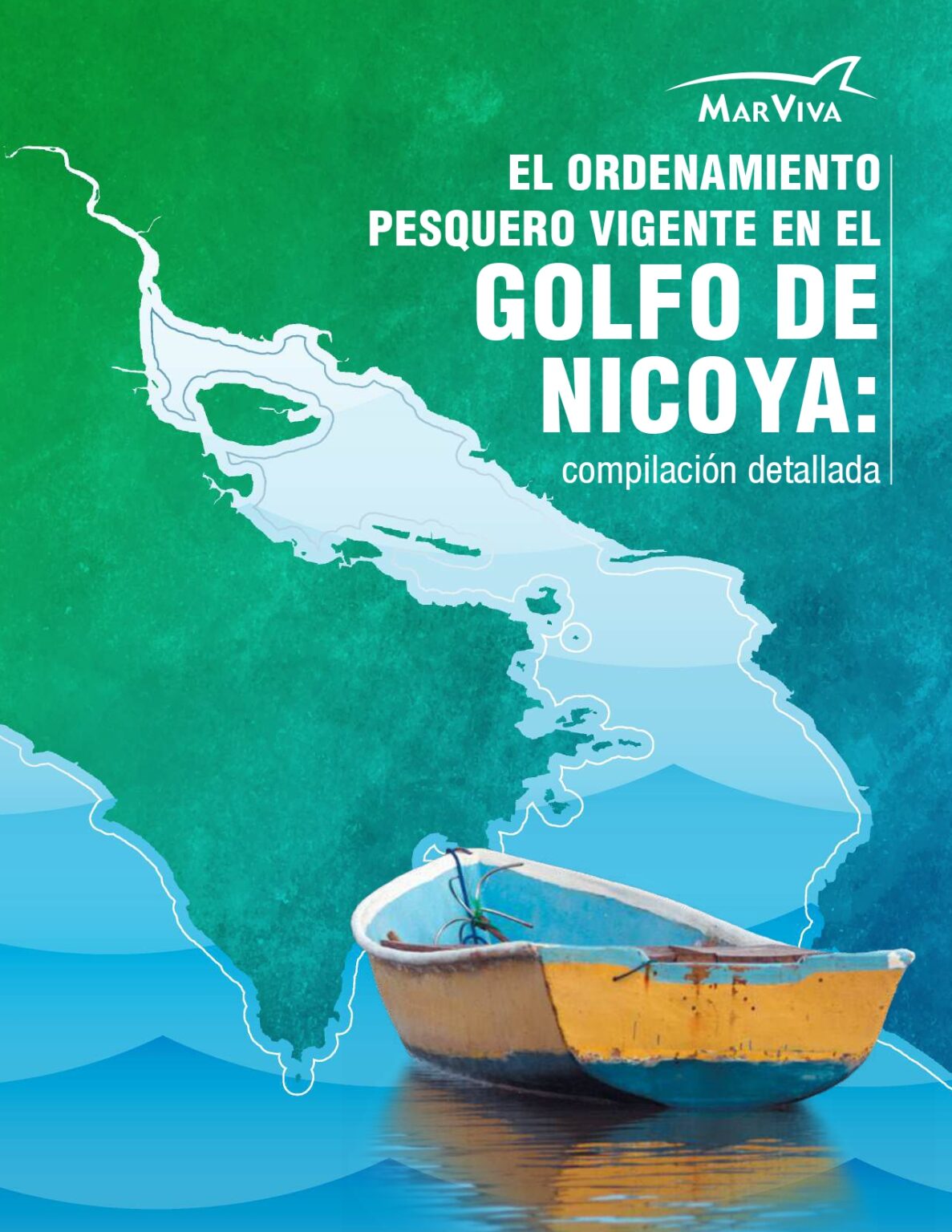
El ordenamiento pesquero vigente en el Golfo de Nicoya: compilación detallada
El presente documento recoge las regulaciones y normativas vigentes de uso más común en el Golfo de Nicoya, con énfasis en la pesca artesanal y de pequeña escala. Con ello se busca aclarar aquellas confusiones que han sido identificadas, como las regulaciones que aplican en cada Área Marina de Pesca Responsable (AMPR).
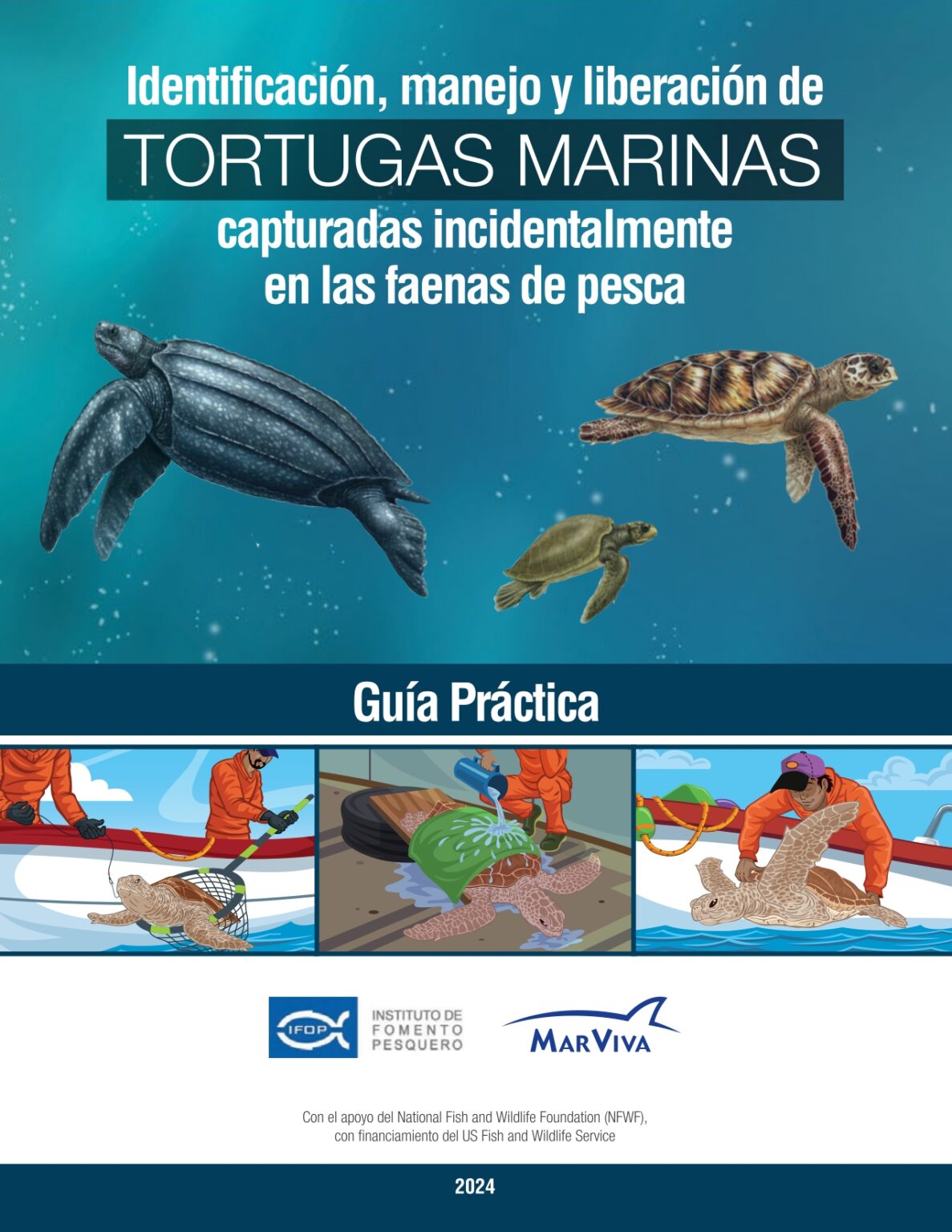
Identificación, manejo y liberación de tortugas marinas capturadas incidentalmente durante las faenas de pesca
Esta publicación es el resultado del trabajo realizado bajo el marco del proyecto “Reducir la captura incidental de la tortuga laúd del Pacífico Tropical Oriental (PTO) en las pesquerías de palangre del norte de Chile”, ejecutado por el Instituto de Fomento Pesquero (Chile) y la Fundación MarViva (Costa Rica), y busca contribuir a la conservación y al manejo de las tortugas marinas que interactúan con las distintas flotas pesqueras.
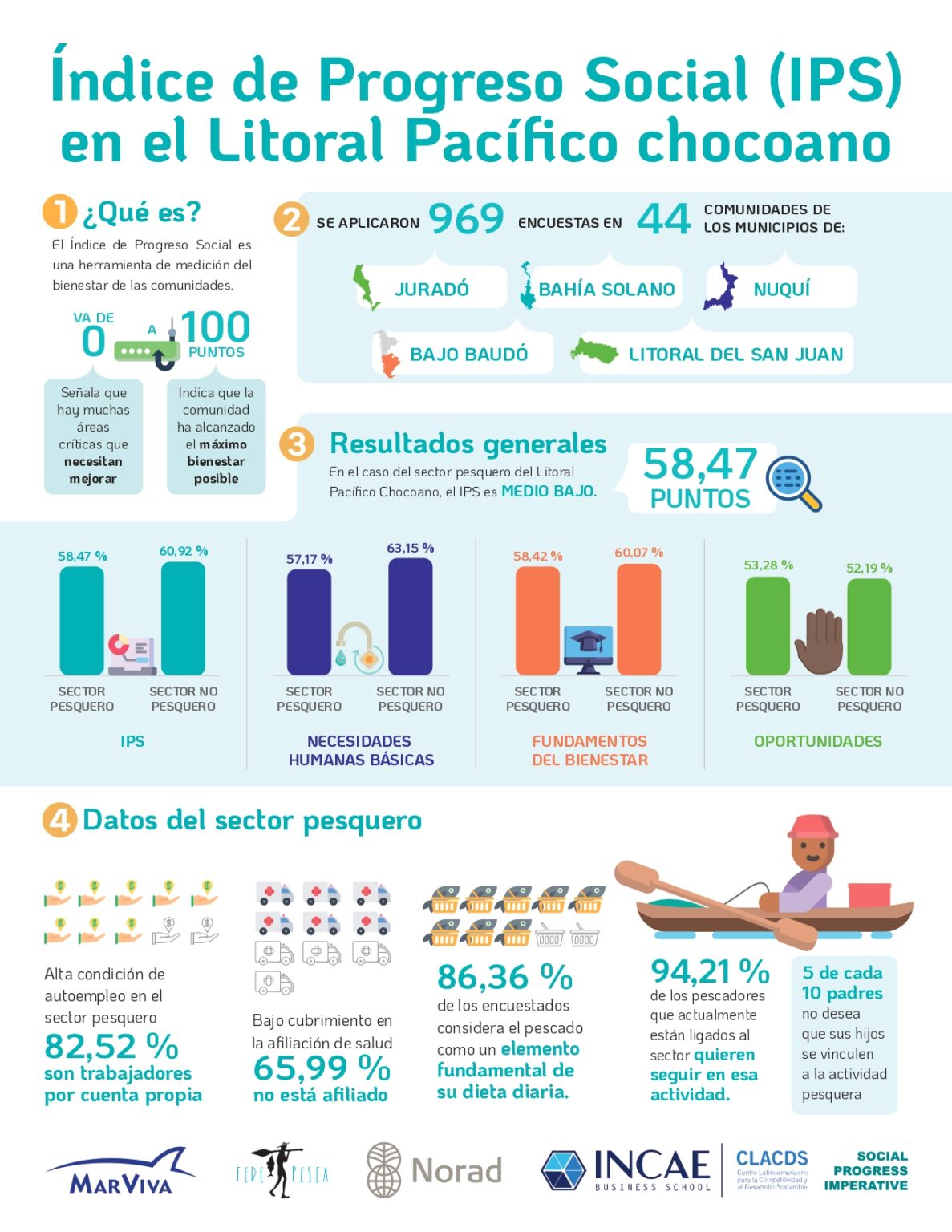
Índice de Progreso Social en el litoral Pacífico chocoano
El Índice de Progreso Social, elaborado a partir de una encuesta a 969 hogares en el Chocó (Colombia), revela que las familias pesqueras enfrentan grandes desafíos en salud y nutrición, y hay una necesidad urgente de promover políticas equitativas y de apoyo al sector pesquero artesanal. Además, pone en evidencia que hay una creciente falta de interés para que las futuras generaciones continúen con la actividad pesquera.
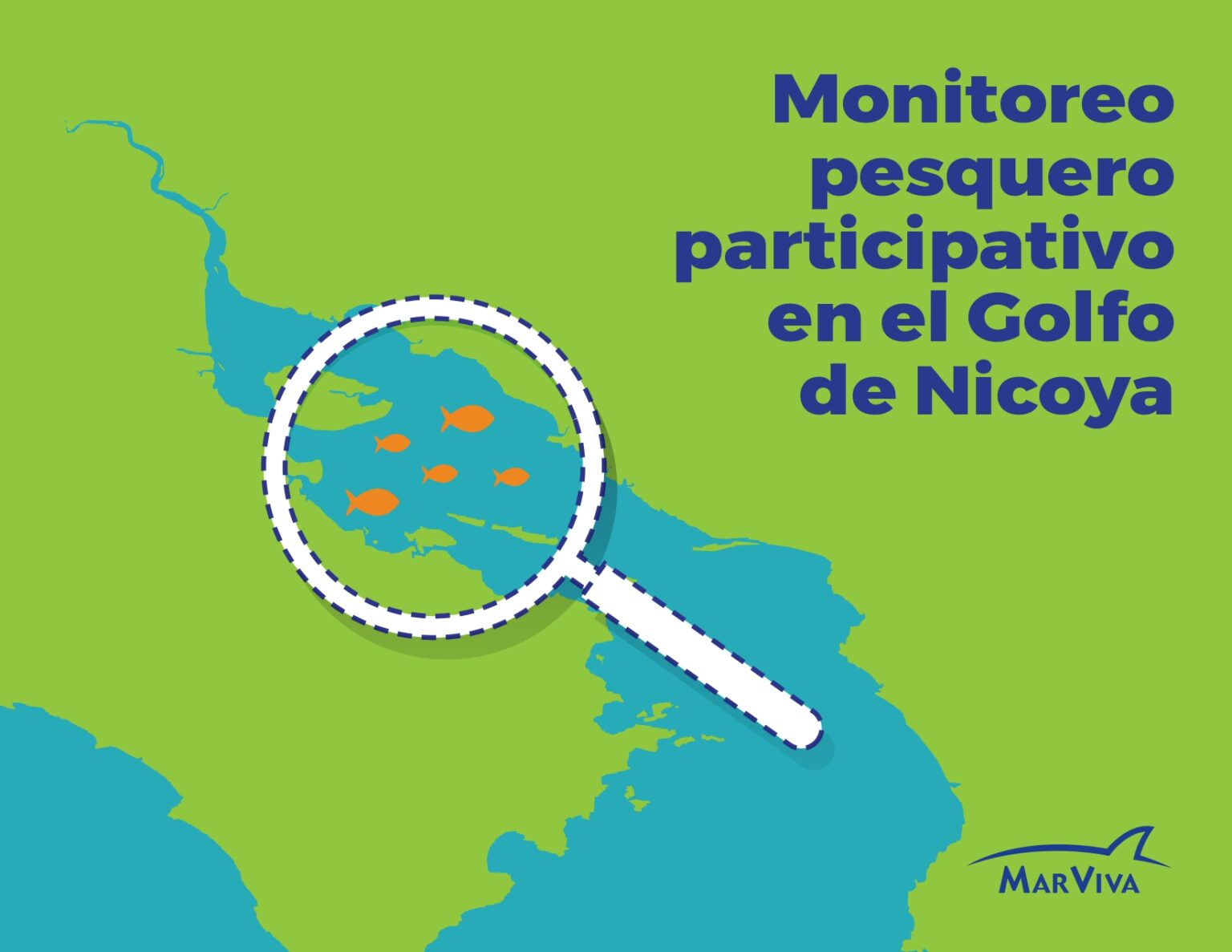
Monitoreo pesquero participativo en el Golfo de Nicoya
En este informe se presentan los principales resultados obtenidos por organizaciones pesqueras presentes en siete zonas costeras del Golfo de Nicoya, quienes acopiaron información relativa a los desembarques provenientes de la pesca artesanal que llegan a sus centros de acopio, en una demostración de su compromiso con prácticas pesqueras responsables. El estudio también estuvo acompañado por un muestreo biológico realizado por un profesional. Fundación MarViva facilitó la capacitación, el equipamiento, la digitalización y el análisis de los datos recolectados.




